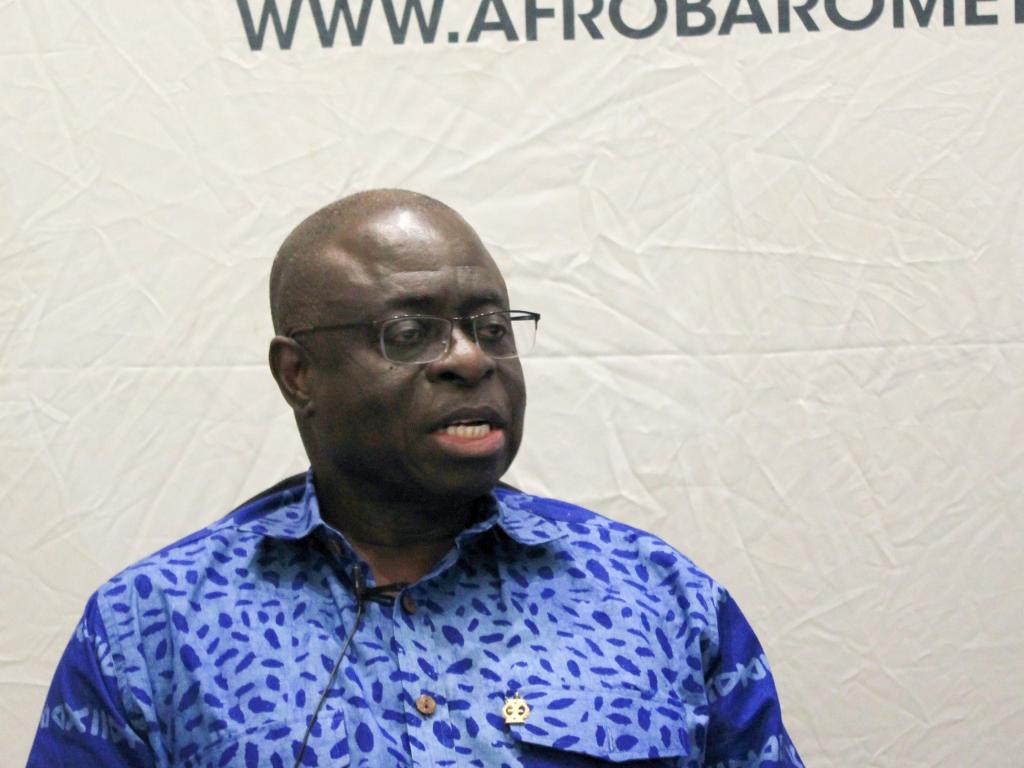Postponed: Afrobarometer – an indispensable African resource for effective policy-making and high-quality scholarship

Please note the seminar that was set to take place on 7 April 2020 has been postponed. The seminar was titled: “Afrobarometer – an indispensable African resource for effective policy-making and high-quality scholarship”. The Mandela School will share more information on a future date soon.
For further enquiries please contact: Wendy.Hendricks@uct.ac.za
Abstract
Over the past 20 years, Afrobarometer has interviewed well over a quarter-million ordinary Africans across 38 countries and all regions of the continent. Its unparalleled data set provides evidence for a range of important – and sometimes surprising – generalizations about the attitudes, experiences, evaluations, and aspirations of ordinary Africans regarding the political, social, and economic conditions in which they live. The lecture highlights some of the insights about Africa and Africans generated from Afrobarometer surveys and underscores the indispensability of credible survey data to effective policy-making and high-quality scholarship on contemporary Africa.

Professor E. Gyimah-Boadi
He is co-founder, interim CEO, and board chairperson of Afrobarometer (a pan-African survey research project measuring the political, economic, and social atmosphere in African countries). He is also co-founder and former executive director of the Ghana Center for Democratic Development (CDD-Ghana, a policy research and advocacy group on democratic governance).
A former professor in the Department of Political Science at the University of Ghana, Legon, he has held faculty positions at universities in the United States, including the American University School of International Service, and fellowships at the Center for Democracy, Rule of Law and Development (Stanford University); the Woodrow Wilson International Center for Scholars; and the International Forum for Democratic Development.
A recipient of the Distinguished Africanist Award from the African Studies Association in 2018, he is a member of the National Academy of Sciences (U.S.), a fellow of the Ghana Academy of Arts and Sciences, and a member of the editorial board of the Journal of Democracy and the International Advisory Council of the Institute for Integrated Transitions, among others. He previously served as a member of the International Advisory Board of the International Center for Transitional Justice and the Advisory Council of the Ibrahim Index of African Governance.
He received his doctorate from the University of California (Davis) and undergraduate degree from the University of Ghana, Legon.
